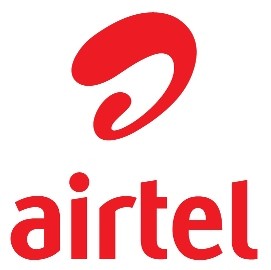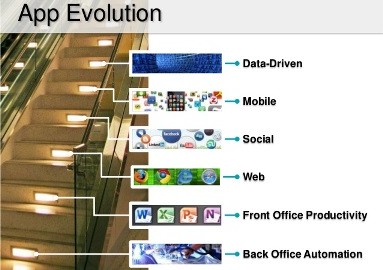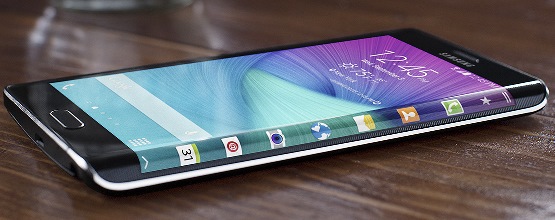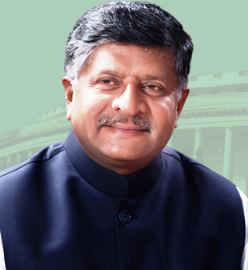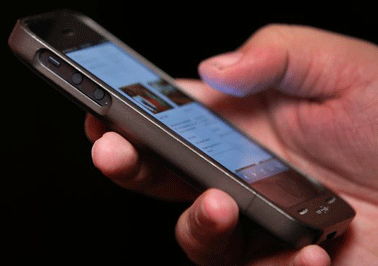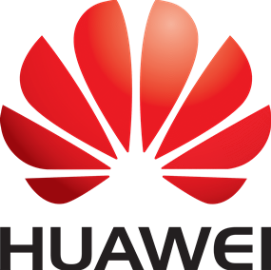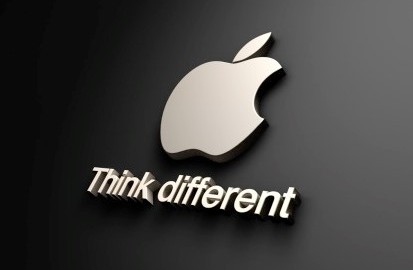BENGALURU: India, traditionally a bastion for software services companies, is now witnessing a silent revolution. Inspired by soaring valuation of technology product companies like Zoho, Freshdesk and InMobi, several startups that began by offering software services are switching to developing products.
Startups like Prohance, Robosoft and ZingHR are finding out that marketing products delivers higher payouts than just filling out requirements for clients. This change is being spurred by the lure of higher margins, shortage of talent and greater consumption of technology.
For successful product startups, the employee base is smaller than that of IT giants, but their valuations are all close to $1 billion. At the outset, five-year-old Prohance’s founders were focused on being a services company, as they had enough experience from their stint at IT giant IBM.
Two years into the business, they realized it made sense to sell one product, as they could comfortably earn money even while retaining a small team.
“Plus, we got to put our skin into the game. That was exciting,” said Kishore Reddy, CEO of Prohance, which sells employee productivity tools. His firm is now profitable. It earned Rs 2.2 crore in revenue for the year to end-March 2014.
Even Infosys, an elephant in the services space, ensured that its product EdgeVerve was nimble, so it carved out a separate entity earlier this year.
“The cost arbitrage is driven by resources. Companies don’t have to add employees each time add employees each time for a different project, so the gross mare gin increases,” said Sanjay Shah, founding circle member of software product think tank iSpirt.
Although building a product takes time and resources TestingWhiz, a subsidiary of Ahmedabad-based Cygnet Infotech, has won 8-10 customers for its automated testing tool over the past two years and makes little money the value lies in the high margins. So the 14 year-old company has started doing the rounds of exhibitions to promote their new product.
This trend is not just in the enterprise space; even consumer-facing companies like Udupi’s Robosoft Technologies are reaping its benefits.
“We are on the verge of a hockey-stick growth,” said Rohith Bhat, CEO of Robosoft, which created two entities 99Games and Global Delight Apps in 2008. These two units will contribute to 50% of the company’s revenue in 2017. The services firm, which is growing at 30%, has registered 200% year-on-year growth in revenue from its products division.
Generally, the revenue per employee of a product company is seen to be greater than that of an IT services firm. Zoho’s Sridhar Vembu constantly refers to employee productivity metric to drive home the importance of product thinking: An Apple employee is worth $1.9 million, while a TCS or an Infosys employee is valued at a mere $50,000. The reason: the value lies in the IP, or intellectual property, and those who create it.
Source: ETTelecom


 Comment
Comment By Konnect Worldwide
By Konnect Worldwide